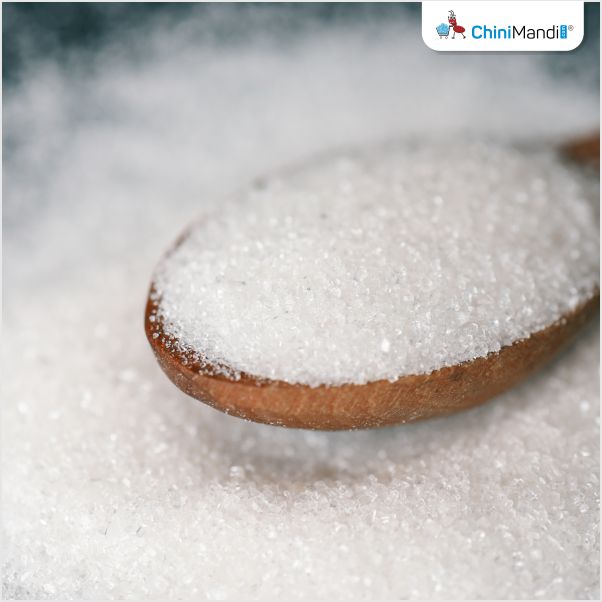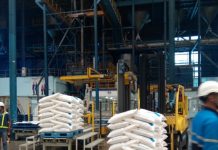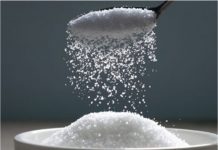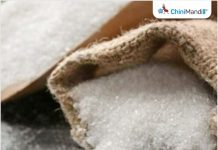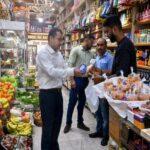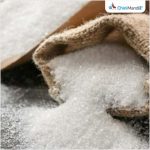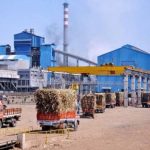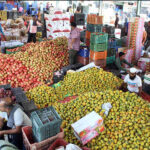Sales of locally produced sugar in South Africa have dropped sharply amid a surge in heavily subsidised imports, sparking fears for rural employment in KwaZulu-Natal and Mpumalanga.
From January to August 2025, the country imported 149,099 tonnes of sugar, mainly from Brazil, compared to 35,730 tonnes during the same period in 2024. This represents a more than 400% increase year-on-year, according to the news portal Zawya.
The spike in imports has caused a decline of over 100,000 tonnes in domestic sugar sales, equivalent to a 13% drop from last year. According to SA Canegrowers, the shift poses a serious threat to the livelihoods of growers and the communities that depend on the sector.
For every tonne of imported sugar sold, the local industry loses about R7,600, resulting in estimated losses of more than R760 million for the 100,000 tonnes displaced.
SA Canegrowers is urging consumers, retailers, and manufacturers in the food and beverage sector to choose locally produced sugar. The association is also calling on the government to strengthen trade protections and review policies such as the sugar tax, which it says have contributed to job cuts.
As per the news report, although the import tariff was adjusted in August to reflect global market distortions, cheap, subsidised sugar from countries like Brazil continues to flood the South African market. This imported sugar is displacing local products on retail shelves and within manufacturing supply chains.
Consumers are encouraged to check packaging carefully and ensure that the sugar they buy is grown and produced in South Africa. Products that are only “packed” locally or sourced from other countries, SA Canegrowers warns, contribute to the decline of the domestic sugar industry.

